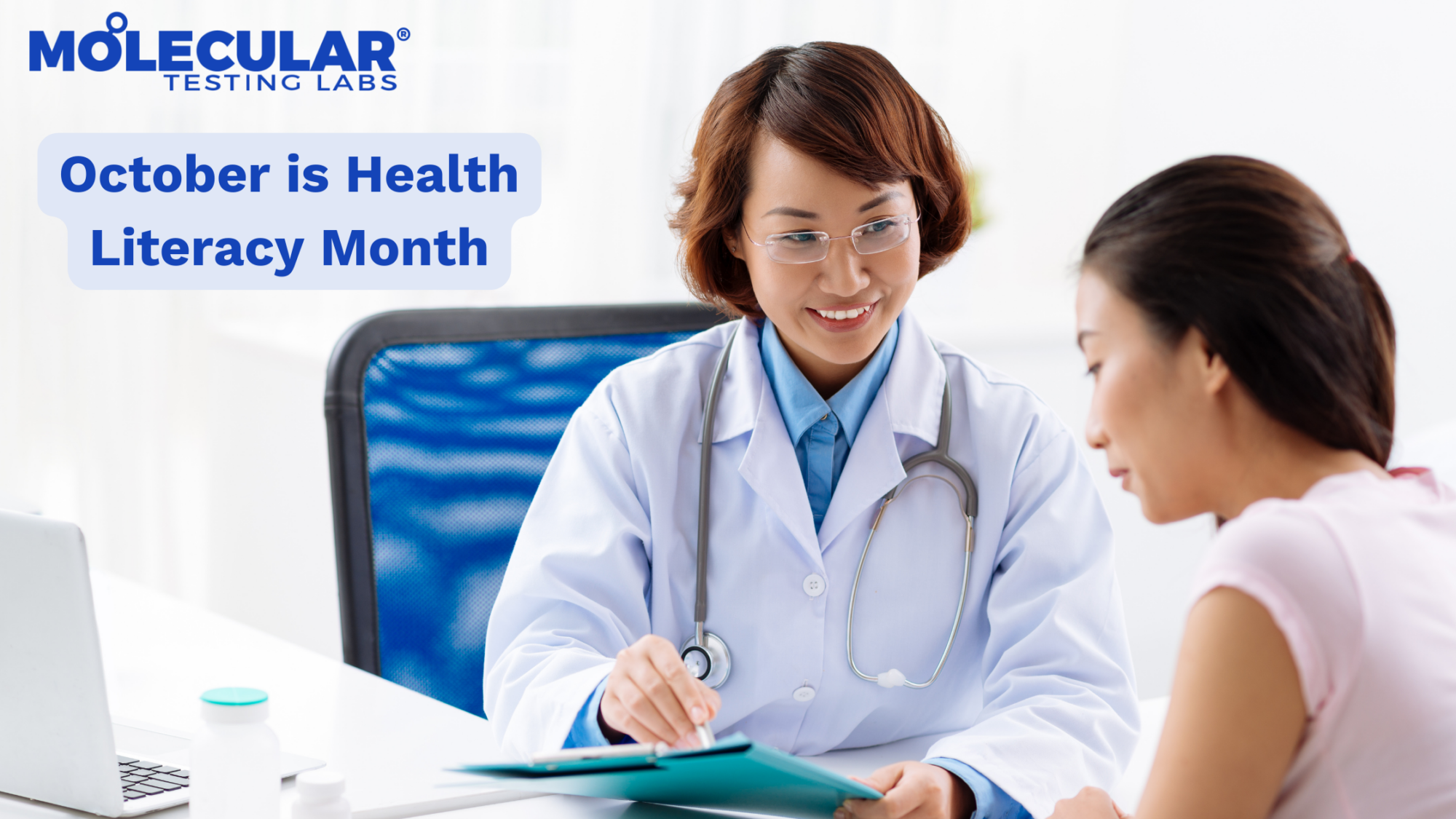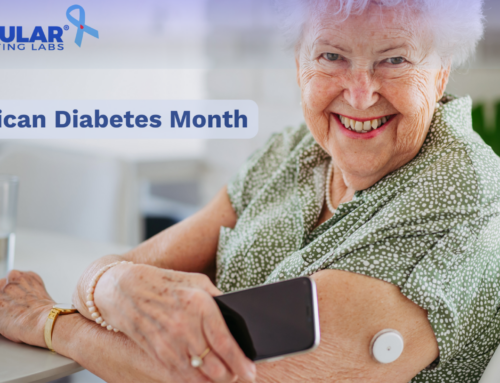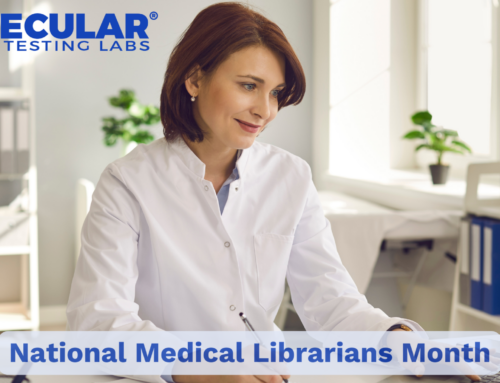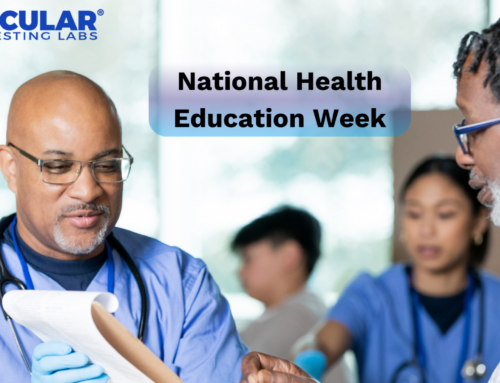
October is Health Literacy Month
Share:
Since 1999, October has been Health Literacy Month, an international effort to improve understanding of health and healthcare-related communications between patients, providers, and healthcare organizations. As part of the US Department of Health and Human Services (HHS) Healthy People 2030 initiative, health literacy has a two-pronged definition: 1. Personal health literacy: the degree to which individuals have the ability to find, understand, and use information and services to inform health-related decisions and actions for themselves and others; and 2. Organizational health literacy: the degree to which organizations equitably enable individuals to find, understand, and use information and services to inform health-related decisions and actions for themselves and others.
This update places the onus of understanding on patients, clinicians, and healthcare service organizations. By providing clear and appropriate communication, organizations can help improve health equity by reducing the barriers to healthcare and improving some social determinants of health. According to the HHS Office of Disease Prevention and Health Promotion, people who reside in areas served by healthcare organizations and systems with poor health literacy more frequently experience miscommunications in their healthcare experiences, even if they have high personal health literacy. Residents of these communities also have more trouble making well-informed decisions about the healthcare options available to them due to poor communication.
One area in which health literacy becomes imperative is diagnostics. According to a study published in The Journal of Applied Laboratory Medicine, correctly interpreting laboratory results requires proficient digital, numerical, and health literacy and proper context. Digital tools such as patient portals and electronic medical records (EMR) have made it possible for patients to access their healthcare information more readily, but without proper context and meaning from a provider, simply reporting results could provide little information. The study authors suggest that notes attached to lab results in portals or EMRs indicating that results should be reviewed with a provider, as well as using plain language in explanations as opposed to medical jargon, could improve health literacy and equity when it comes to interpretation of lab results.
Molecular testing Labs offers our customers options to receive laboratory results via a protected portal and EMR, improving access and speed of results for providers and patients alike. Our self-collection kits come with detailed written instructions and video instructions on our website, so patients have every opportunity to understand proper sample collection so that their results are as accurate as possible.
Continue the discussion by sharing this post on your social media!
References
- Institute for Healthcare Advancement. (2023, October). Health Literacy Month: October 1-31, 2023. https://healthliteracymonth.org/hlm/hlm-home#:~:text=Health%20Literacy%20Month%20was%20founded,health%20literacy%20awareness%20into%20action!
- National Institutes of Health. (2021, July 7). Health Literacy. https://www.nih.gov/institutes-nih/nih-office-director/office-communications-public-liaison/clear-communication/health-literacy
- US Department of Health and Human Services Office of Disease Prevention and Health Promotion. Health Literacy. gov. https://health.gov/healthypeople/priority-areas/social-determinants-health/literature-summaries/health-literacy
- Lazaro, G. (2023). When Positive is Negative: Health Literacy Barriers to Patient Access to Clinical Laboratory Test Results. The Journal of Applied Laboratory Medicine, jfad045. https://doi.org/10.1093/jalm/jfad045


